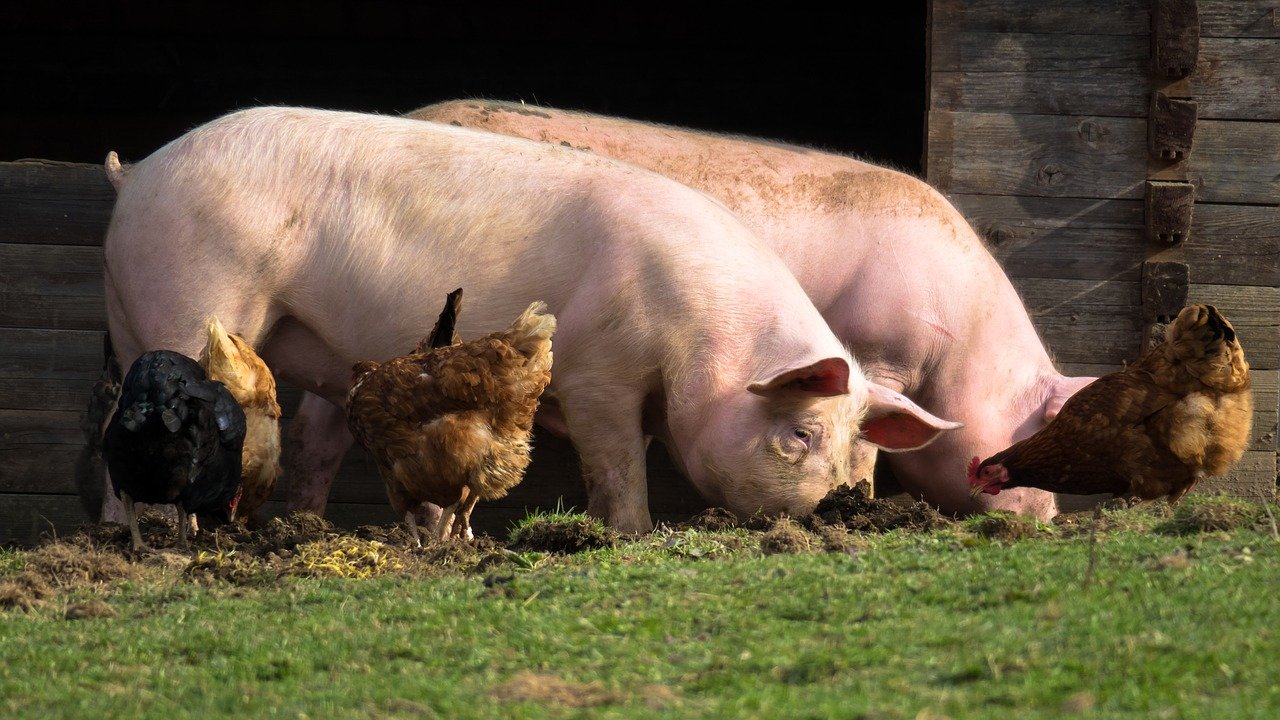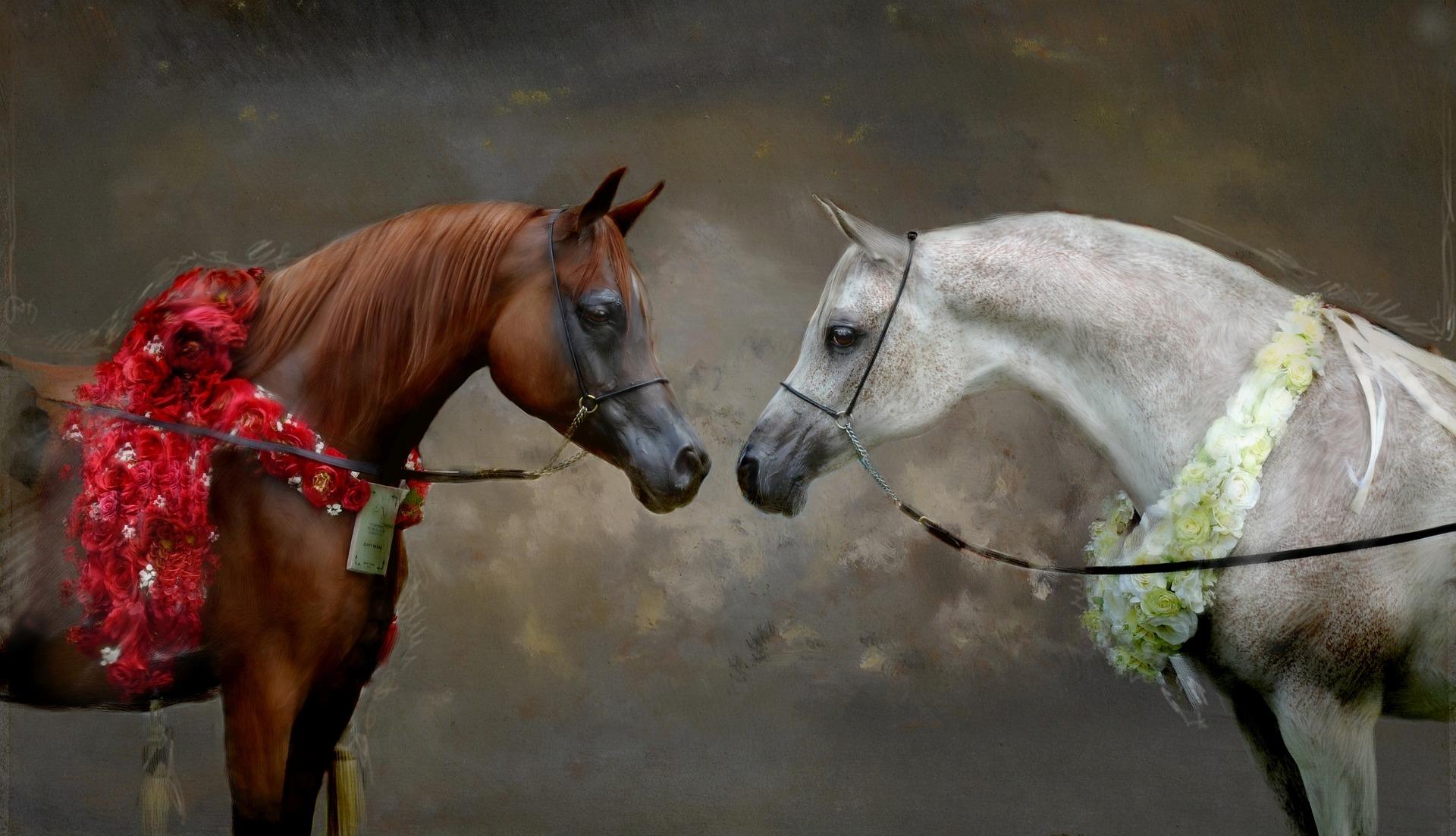About the Breed
Arabian horse breed can be considered as the oldest breed in the world.
They are very intelligent, healthy and loyal to owner when they’re well trained.
Types of Arabian horse breed
There are different types of Arabian horses such asHamdani, Siglavy, Kuhaylan El Adjus, Habdan, and Obajan and they have similar physical characteristics but different behavior.
A long back Arabian horses originated from Arabian Peninsula and mostly Bedouins used the horse in the desert for transportation, carrying loads and for war.
Eventually, the Arabian horse breed was introduced to Europe and America and today, it’s a very popular breed in the North America.
Characteristics
Full Arabian horses have chisel-like small head, a tapering muzzle, long neck and high tail carriage.
They are known for speed, endurance and strong bones.
They can cover 60km or more per hour and live for more than 25 years if they’re well catered for and not over used.
Its important characteristic also include their two large and prominent eyes, a wide dished forehead, long-arched neck and a thin throat.
The Arabian horse breed is also known for muscular body, strong and straight legs and It can be long in the range of 14.1 to 15.1 hands.
Common skin colors of Arabian horses are chestnut, bay black, gray, roan, sabino, rabicano and white.
Though the horse is relatively small in size, they provide a ground covering gait and smooth riding.
They can be identified with their silky manes and tails as well.
This breed is intelligent and quick learners, and are aware of the surroundings and the people.
A distinguishing feature is that, Arabian horses have one less vertebra than other breeds of horses.
Buying or selling it
Arabian baby horse price range in US dollars is about $500 to $1500 or its equivalent value in Bangladesh, Pakistan, Dubai, Egypt and in Indian rupees.
An adult male or female horse can also be sold between $10k to $30k.
We notice price difference in color as price for black Arabian horse labeled for sale may be different to the price for white one.
Also on whether it’s full Arabian or half breed. Other factors are location, health and others
Breeding the Arabian horse
Only a special pool of horses is considered for breeding Egyptian purebred Arabian horses.
The Arabian horse breed directly or indirectly contributed to nearly all modern-day breeds.
Its fast speed and intelligence are some of the traits that made this breed to be used in crossing other breeds to produce better high breeds of horses.
They are used in both English and Western countries for riding and competitions.
A lot of breeding programs are available for transporting horse semen for impregnating mares.
In case of pasture breeding programs, a farm with a group of mares is left with the Arabian stallion.
But this requires an understanding of mare herd dynamics as all mares are not submissive and may retaliate if forced upon.
Also, old mares are more troublesome and called problem mares as they tend to stay away from the stallions.
Feeding
Arabian horses can be served with foods which other horse breeds can eat too.
Hay or pasture grass is the main food they eat in the desert and when domesticated.
Also, some amount of grains or supplements can be served to them to fulfill the nutritional requirement.
An active, healthy Arabian horse needs 2 to 3 pounds of food for every 100 pounds of its weight.
15 to 20 pounds of hay per day and 2-5 pounds of concentrates per day for one hour in a five day week can be served to the Arabian horse.
This breed should not be starved for more than 8 hours, therefore 2-3 times meal session a day is still okay for them.
12 gallons of fresh, clean water a day is also okay for them. Different fruits like apple, nuts, etc. can be given to the horse.
Care and health
Arabians horse prefers to be in larger paddocks and not confined to a small area. They like to be kept with other horses in the paddock.
The Arabian horses can be trained using different training methods so as not to start bullying other horses.
You can train your horse to play with different objects like horse balls and traffic cones to keep they engaged.
The bedding of Arabian horses can be of dry wood and straw shavings and change of bedding is must when it gets wet or soiled.
The owner must be careful until five years of age of the breed because they mature slower than other breeds.
This breed is not preferable for children of first-time riders. Their agile body allows them to jump very easily.
Some health concerns of this breed
The breed can suffer from several genetic disorders which may lead to euthanasia or death.
These are Severe Combined Immunodeficiency Disorder (SCID), Cerebellar Abiotrophy (CA), Lavender Foal Syndrome (LFS) and Occipital Atlanto-Axial Malformation (OAAM).
For some of these diseases, medical tests are available so that it can be prevented before mating.








